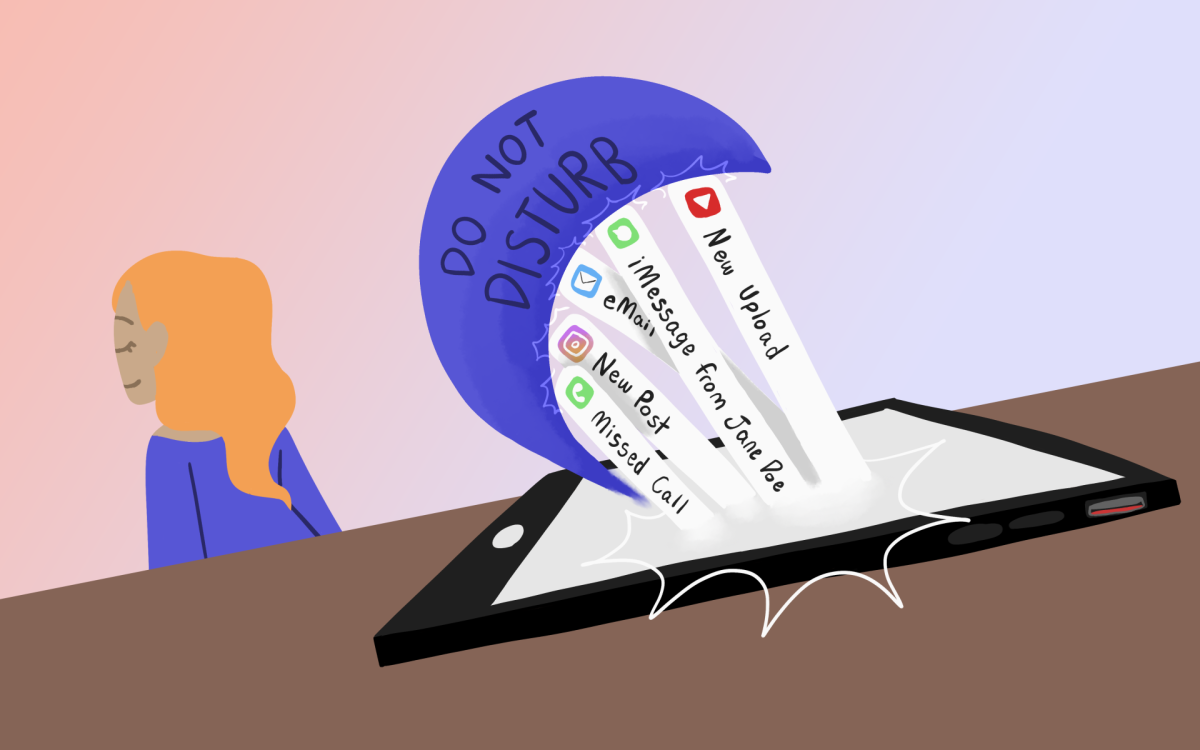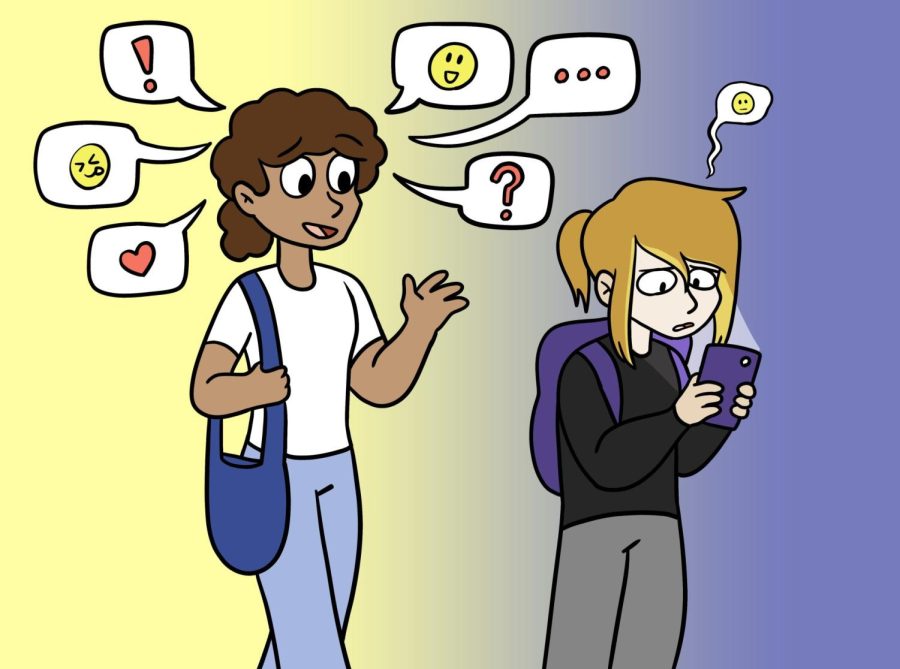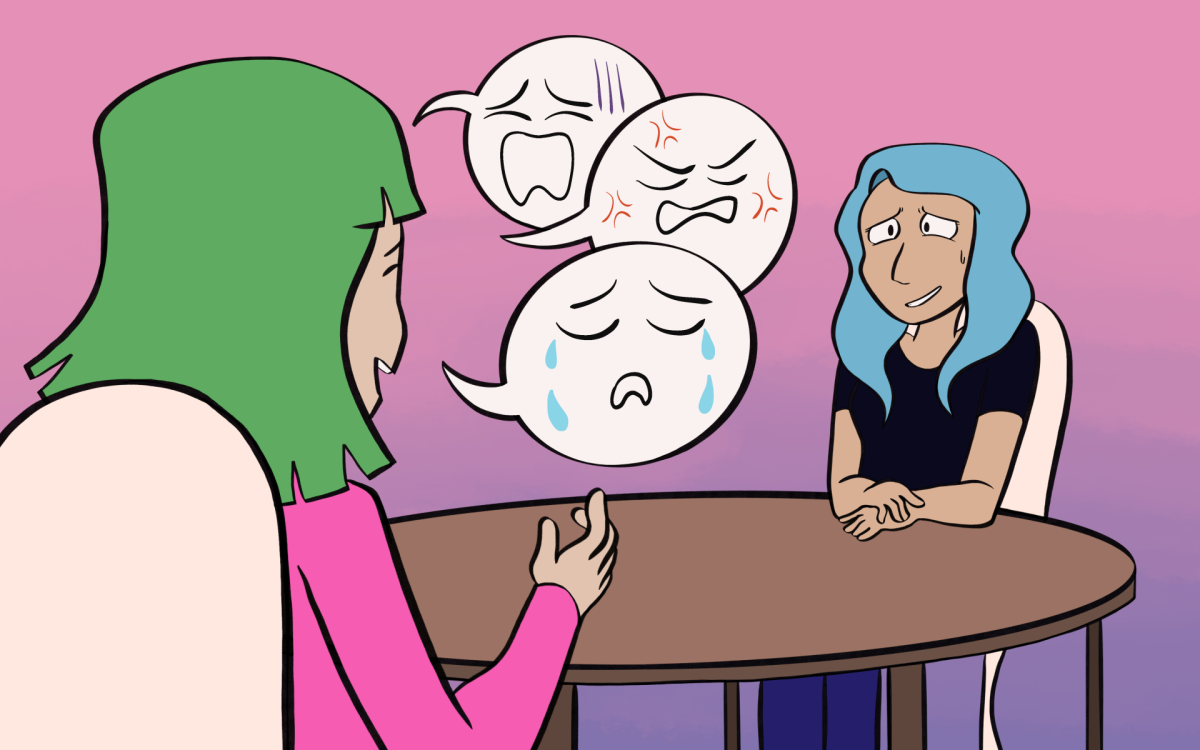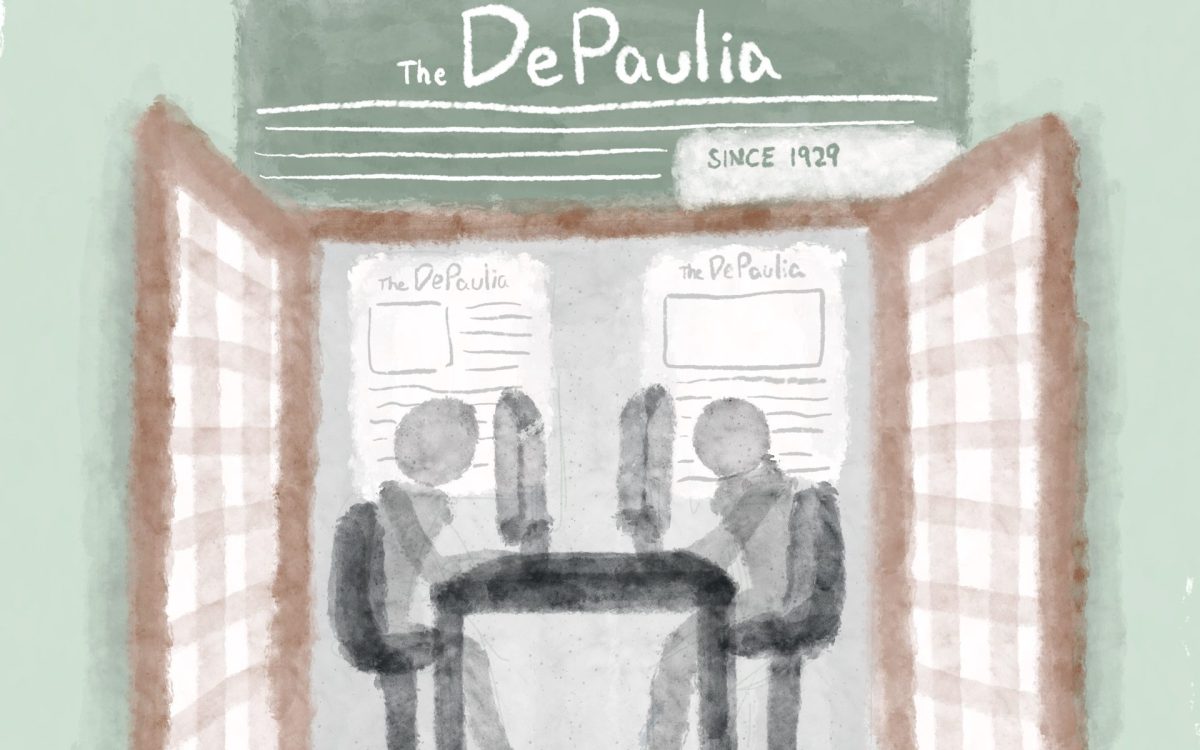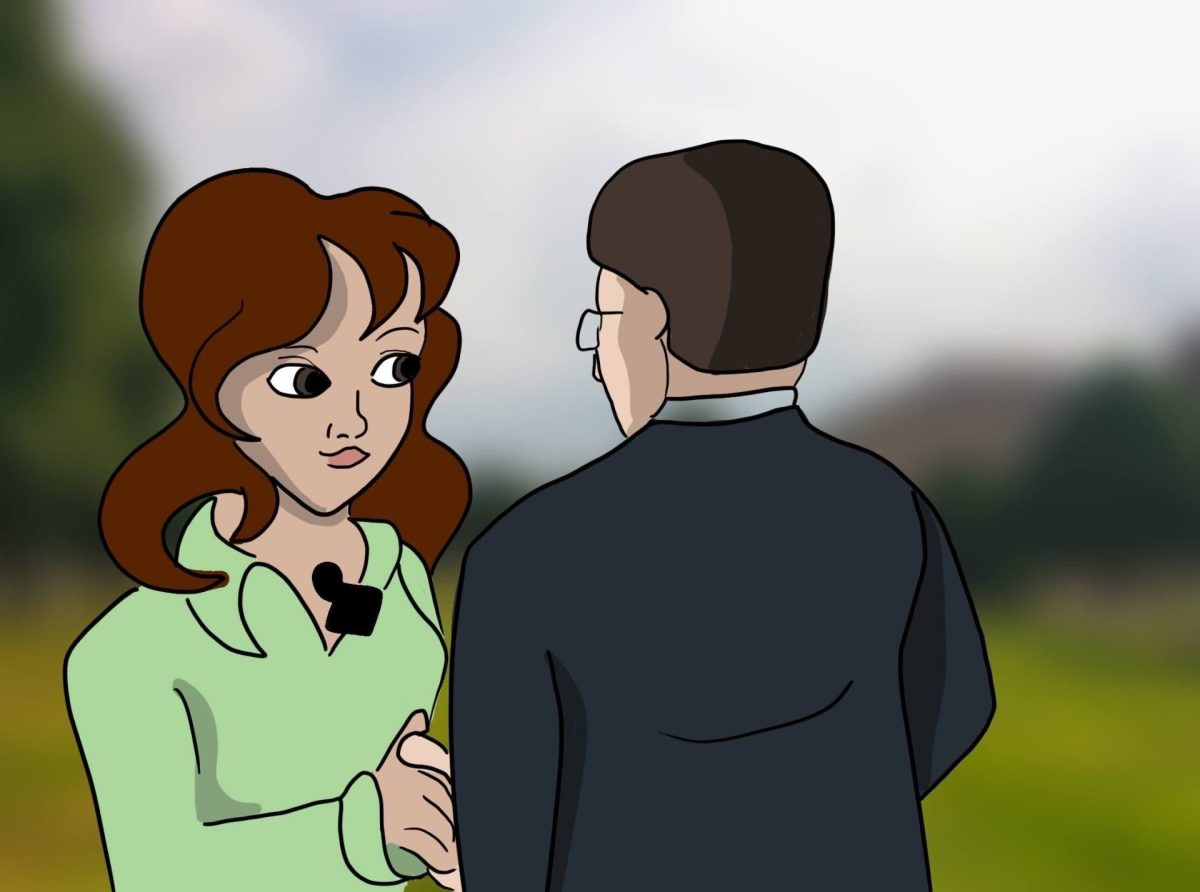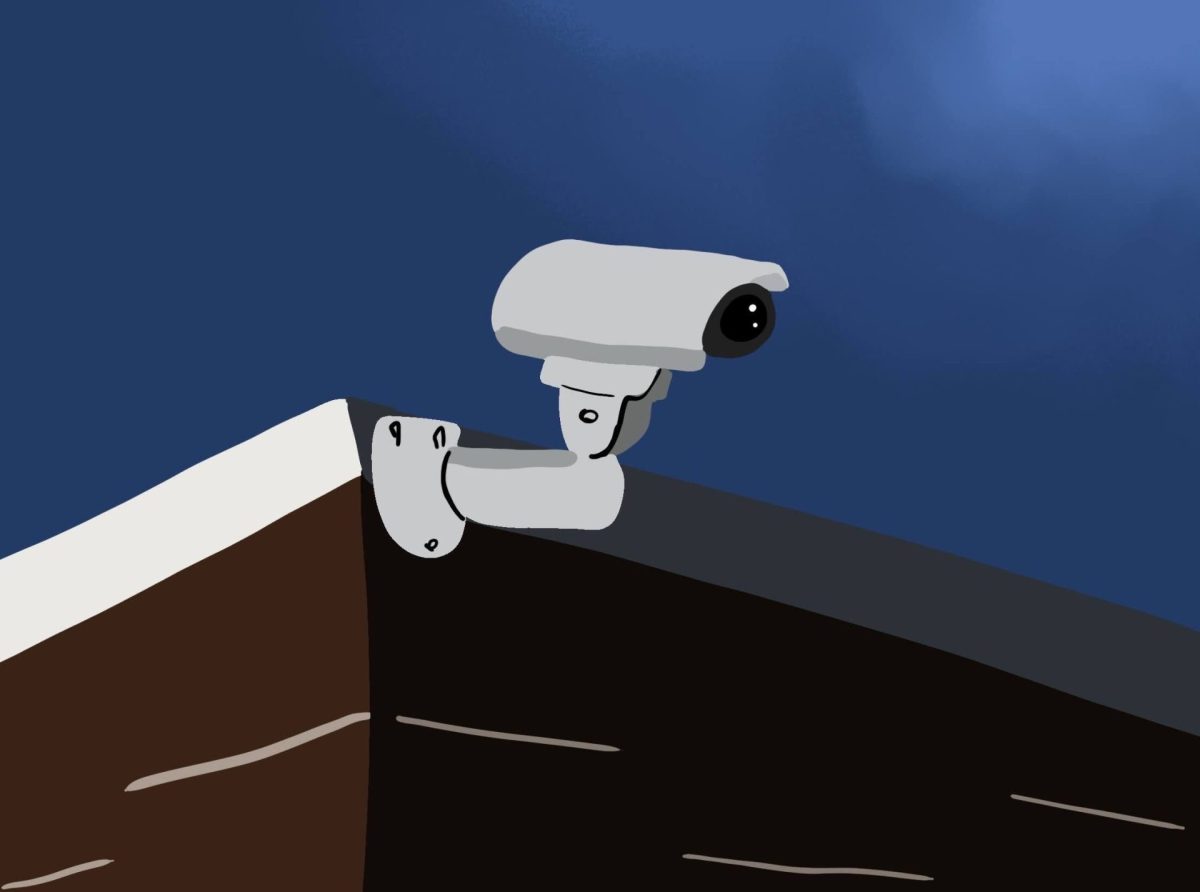On a beautiful summer night during my freshman year, I remember sitting in the Quad chatting with friends after devouring food from Allende. Amid the sound of laughter and overlapping conversations, I almost didn’t notice that a casual acquaintance walked up to ruin our night. He made his presence known by telling the whole group about the horrible trauma his boyfriend had experienced the night before. None of us knew him or his boyfriend well. And yet, I suddenly knew every detail of the awful thing that had happened and was left to sit with it for the rest of the night, feeling compassion, of course, but also confused and uneasy. It was official — I had been trauma dumped upon.
I would go into more detail, but then I would be guilty of trauma dumping myself.
Every time I open up any social media, I see the phrase “trauma dump” being tossed around. People are quick to both call people out for trauma dumping and defend themselves against it. I agree that trauma dumping is too common. However, I also think that the phrase is so overused that people have lost the meaning. Trauma dumping should be strayed away from at all costs, and in order to do so, people need a better understanding of what it is and what it is not.
A recent column in Forbes magazine identified trauma dumping as unloading the details of a traumatic experience onto someone else without regard for the impact. This can leave the listener feeling overwhelmed, uncomfortable and even traumatized themselves. The major qualifier is that this trauma sharing is unprovoked. Even so, trauma dumping is still difficult to define, as it is subjective to those receiving the dumping.
I often find that people use the terms “trauma dumping” and “oversharing” interchangeably when they actually vary distinctly. I understand the appeal of equating oversharing and trauma dumping, as both involve providing more information than the listener is looking for. However, as a chronic oversharer, I need to stand up for my oversharing community. Telling friends, family and strangers about my every thought and life occurrence, although admittedly annoying, is not the same as intensely describing my life trauma. Oversharing can be harmless — trauma dumping is not.
“Oversharing comes from a lapse in being able to read a room. (It’s) not as much about content, but the environment in which it is being shared,” said Kayla Turner, wellness support specialist in the Office of Health Promotion and Wellness at DePaul.
Nor is trauma dumping the same thing as venting, a comparison that also makes a red alarm blare in my brain. Venting is conversational, and, almost always, the listener understands what is going to be discussed. I find that venting usually takes place with friends, and there is a level of give and take involved. Trauma dumping is more jarring. The audience is unaware of the conversation going to be had, the setting is inappropriate, and the dumper might not even have a relationship with their audience.
“It’s venting when we’re comfortable. It’s oversharing when we’re annoyed. It’s trauma dumping when we’re uncomfortable and afraid,” Turner said. “It corresponds to the emotions that we’re feeling at that moment.”
It’s important to understand the differences between oversharing, venting and trauma dumping, so we can identify when we’re trauma dumping and avoid driving others away.
When a trauma dumper opens up and unpacks their baggage, they are looking to feel supported and heard. However, unless the people they’re dumping on are trained professionals in the field of psychology, they will not be able to help you cope in an effective way. This leaves the dumper in a place of feeling alone in their trauma and embarrassed for bringing it up at all.
This dynamic also can cause people to distance themselves from the dumper, as the search for belonging turns into social isolation.
I personally avoid trauma dumpers like the plague. I am your friend, not your therapist.
“If I encounter a trauma dumper, I run in the opposite direction,” Sadie Guffy, a DePaul senior said. “Unless we’re best friends, I do not need to know you like that.”
The most simplistic way to start changing the habit of trauma dumping is to foster awareness within yourself and call it out. Ask people if they’re comfortable having a conversation about your trauma before you share. Stop yourself in the middle of the conversation to check in and see if everyone feels OK continuing. Talk to friends after heavy conversations to see if they’re comfortable with how things went.
Trauma dumping relies heavily on the reactions of the people receiving it, and there is no way to establish healthy boundaries without understanding how your audience feels.
